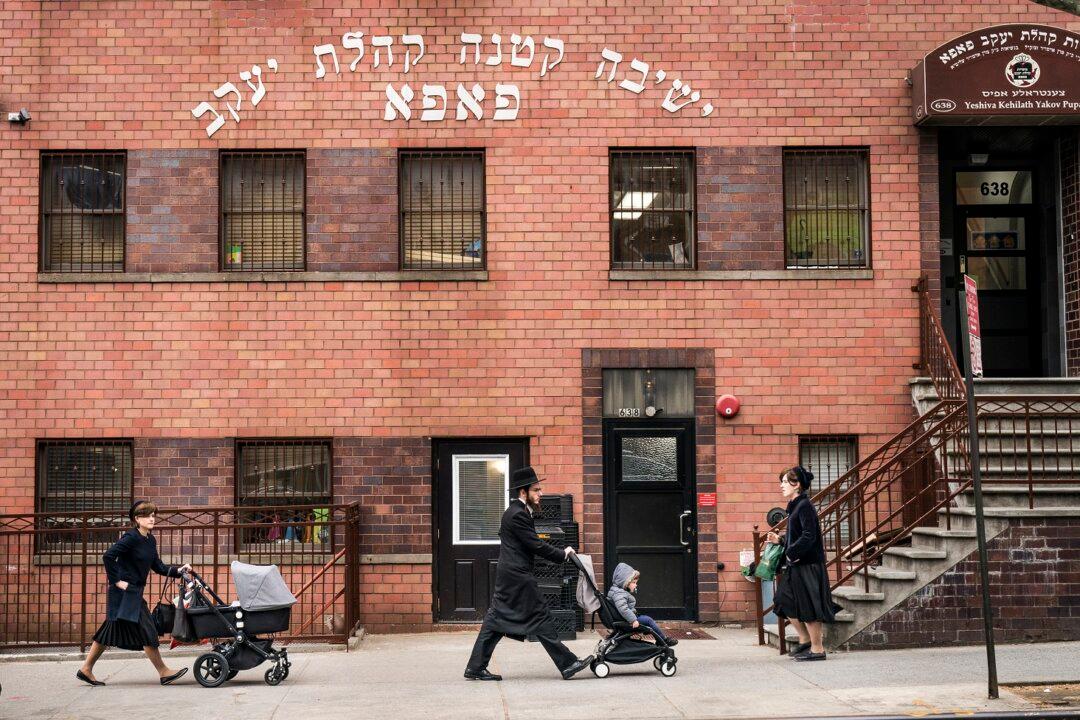News Analysis
Orthodox Jews have customs and beliefs very different from those of the mainstream, so when measles started to spread among them, the rest of the world jumped to the conclusion that this was because many of them eschew vaccination.

Orthodox Jews have customs and beliefs very different from those of the mainstream, so when measles started to spread among them, the rest of the world jumped to the conclusion that this was because many of them eschew vaccination.